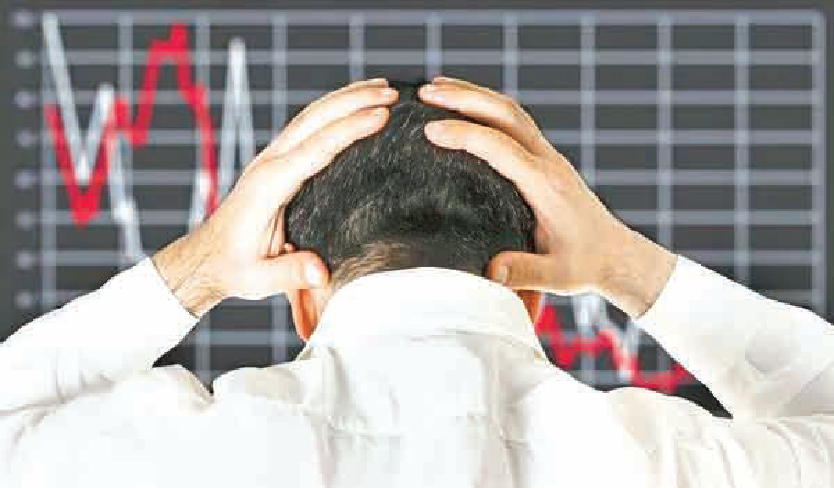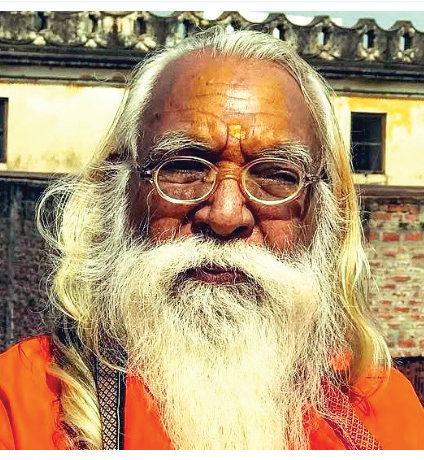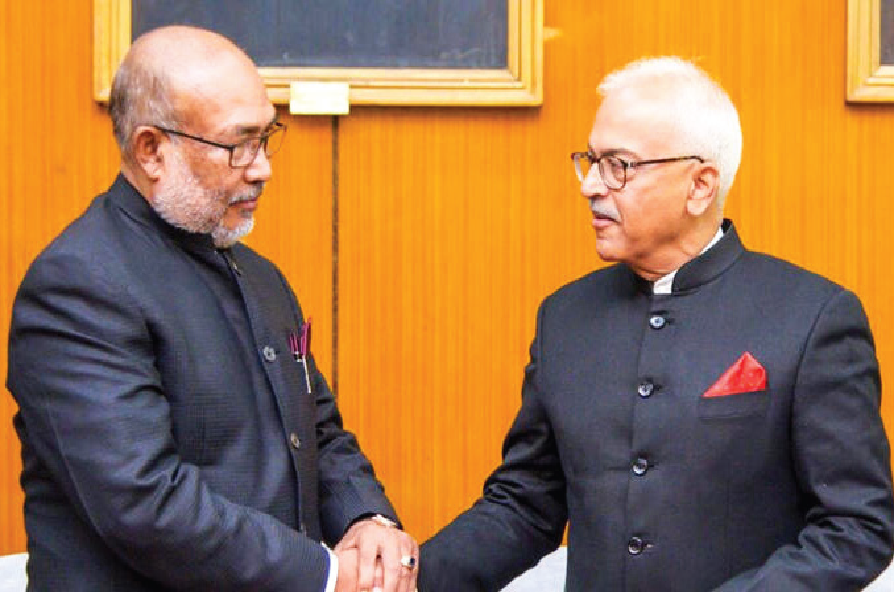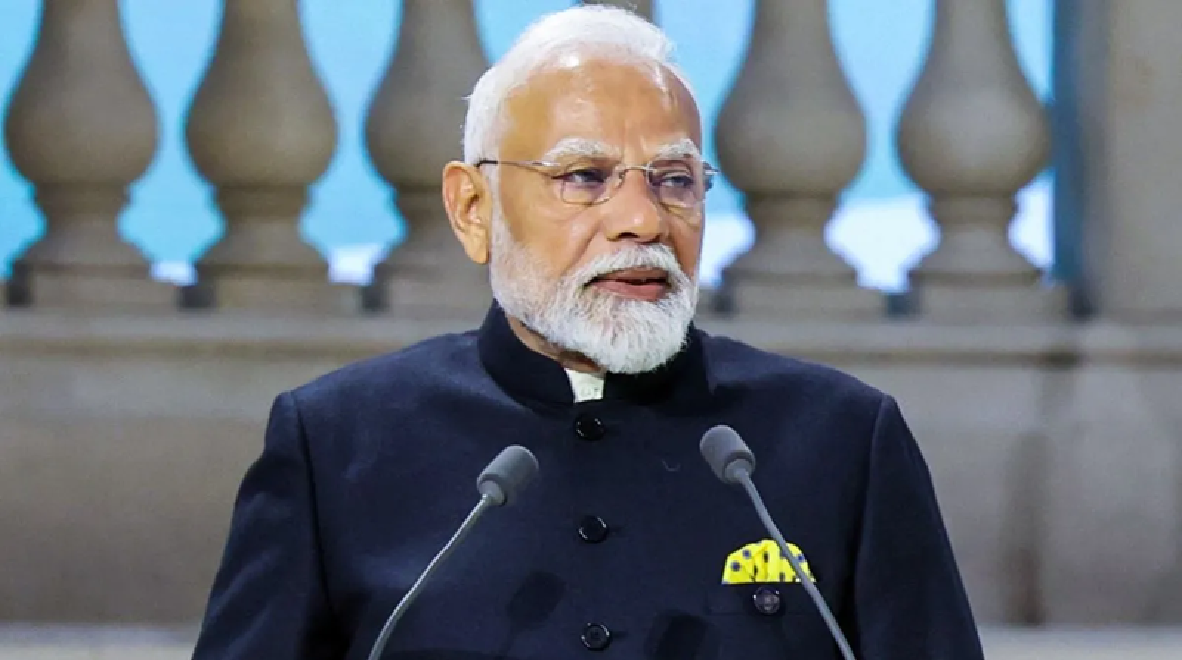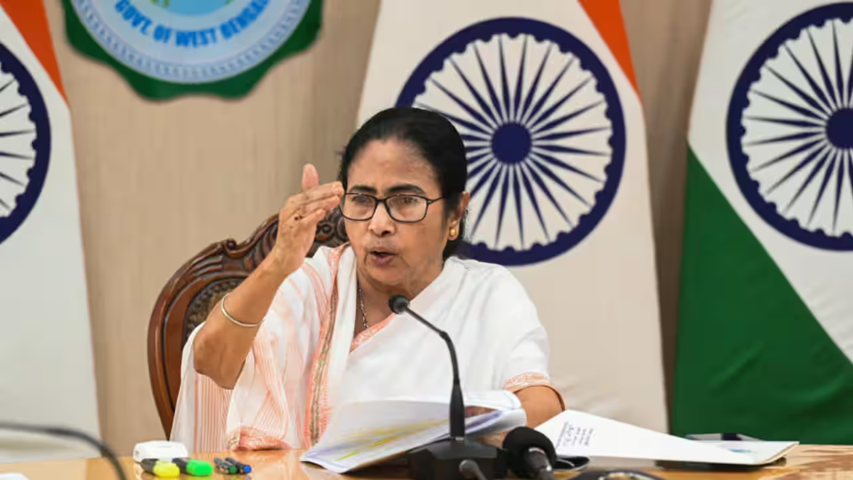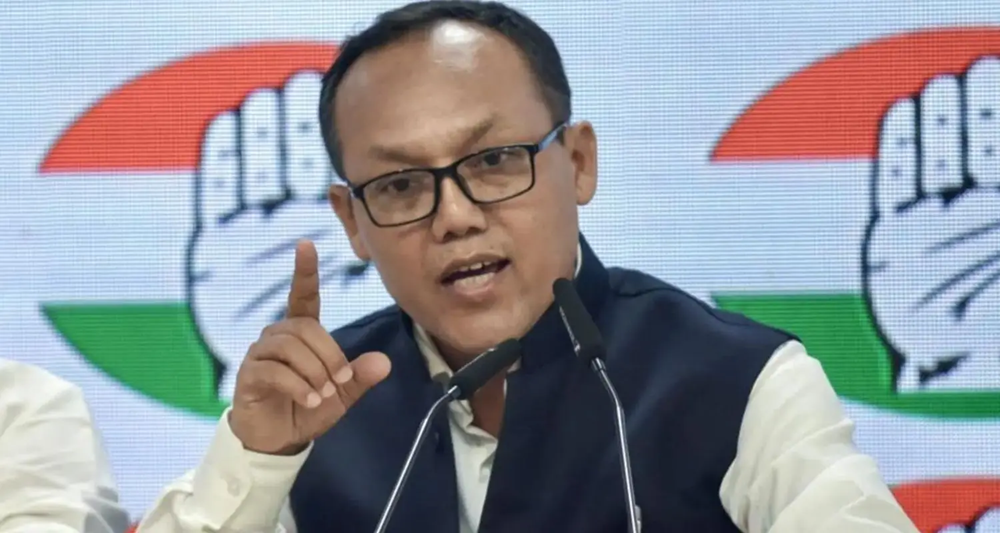
The ‘accidental’ PM: An economist, a scholar, and above all a good human being
New Delhi, PTI: He drew the roadmap of India’s economic reform, unshackled it from the licence raj and pulled it back from the brink when even all its gold reserve was pledged. Former prime minister Manmohan Singh was the scholar and architect of the India of today who evolved into a stubbornly resolute politician. Unassuming, erudite, soft-spoken and a consensus builder, Manmohan Singh died on Thursday night at Delhi’s All India Institute of Medical Sciences (AIIMS). He was 92.
The Congress leader, who steered the country for 10 years from 2004-2014 and helped set up the country’s economic framework as finance minister before that, was a renowned name in the global financial and economic sectors. His government introduced pathbreaking initiatives like Right to Information (RTI), Right to Education (RTE) and MNREGA. The man who famously spoke of studying under the dim light of kerosene lamps in his village without electricity and went on to become a storied academic was the copybook reluctant politician, almost stumbling into the rough and tumble of mainstream politics. He was the proverbial dark horse when Sonia Gandhi stepped back from taking the prime minister’s post, ignoring the clamour from her party, and chose him instead. And so Manmohan Singh the academic bureaucrat became the 14th prime minister of India in 2004.
Theirs was a partnership that lasted 10 years, the equation between Sonia Gandhi and Singh often cited for its equanimity and an example of how a working relationship should really be. Notwithstanding the inevitable tensions. Singh also had to balance the interests of the United Progressive Alliance’s coalition partners. N N Vohra, a former Jammu and Kashmir governor, said Singh always “stood firm as a rock in pursuing the ethical path even if he got into trouble with the political party he represented”. In 2014, the UPA w a s voted out in a cloud of corruption scams, establishing BJP’s unbroken rule since then. Hailed for putting India on the road to liberalisation and privatisation in the early 1990s, Singh was criticised for turning a blind eye to charges of corruption.
The going often got tough. During his first tenure as prime minister, the coalition began to unravel when India signed a civil nuclear deal with the US. It almost cost his government with the Left parties pulling out of the UPA coalition. However, his government survived. On July 22, 2008, the UPA faced its first confidence vote in the Lok Sabha after the Communist Party of India (Marxist) led Left Front wi thdrew support over India approaching the IAEA for ndo- US nuclear deal.
 English daily published in Bengaluru & Doha
English daily published in Bengaluru & Doha

